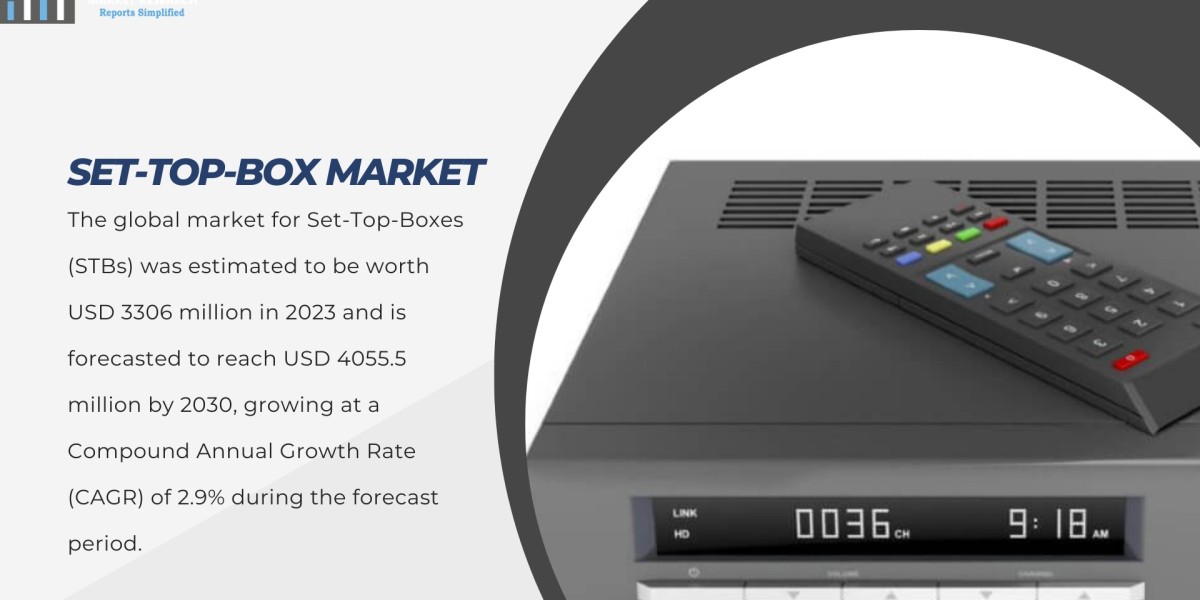Salesforce Data Cloud is a powerful solution that empowers businesses to enhance their business intelligence capabilities. With its advanced features for data integration, real-time analytics, and AI-powered insights, Salesforce Data Cloud allows organizations to make smarter, data-driven decisions. In this article, we will explore how leveraging Salesforce Data Cloud can enhance business intelligence, drive growth, and unlock deeper insights.
1. Centralizing Data for Unified Insights
In many organizations, business intelligence efforts are hampered by siloed data. Customer data, sales records, marketing metrics, and operational data are often spread across different systems, making it difficult to get a comprehensive view of the business.
Salesforce Data Cloud Consulting addresses this challenge by centralizing all customer and business data in one unified platform. By integrating data from multiple sources—CRM systems, e-commerce platforms, marketing automation tools, social media, and more—Salesforce Data Cloud creates a holistic view of the customer journey and business performance.
This centralized approach to data makes it easier for BI tools to generate accurate insights, as they now have access to all relevant information in one place. Whether it’s tracking customer behaviors, analyzing sales trends, or measuring the effectiveness of marketing campaigns, having a unified data set ensures that decision-makers have a clear and accurate picture of the business at all times.
2. Real-Time Analytics for Timely Decision-Making
One of the biggest challenges in business intelligence is the delay in accessing and analyzing data. In many cases, by the time insights are available, the market or customer needs have already shifted. This can result in missed opportunities and delayed responses.
Salesforce Data Cloud’s real-time data processing capabilities allow businesses to access up-to-date insights instantaneously. Whether it’s customer behavior on your website, real-time sales data, or customer service interactions, Salesforce Data Cloud ensures that businesses can act on the latest information.
For example, marketing teams can quickly assess the performance of a current campaign and make adjustments on the fly, while sales teams can be alerted to new leads or trends in customer behavior. Real-time analytics enable businesses to be more agile, adapting quickly to changes and making timely decisions that align with current market conditions.
3. AI and Predictive Analytics for Smarter Decisions
Salesforce Data Cloud is integrated with Einstein AI, a powerful artificial intelligence tool that transforms business intelligence efforts. Einstein AI uses machine learning algorithms to analyze large sets of data and identify patterns, trends, and correlations that may not be immediately obvious.
This AI-powered functionality is a game-changer for business intelligence. Rather than relying solely on historical data, businesses can use predictive analytics to anticipate future outcomes. For example, sales teams can forecast which leads are most likely to convert into customers, marketing teams can predict which products or services are likely to drive the most engagement, and customer service teams can proactively address issues before they escalate.
By leveraging the power of AI and predictive analytics, businesses can move beyond reactive decision-making and adopt a more proactive, data-driven approach. This not only improves operational efficiency but also enhances customer satisfaction by anticipating needs and addressing them in a timely manner.
4. Data Visualization for Actionable Insights
One of the key components of business intelligence is the ability to turn complex data into clear, actionable insights. Salesforce Data Cloud’s reporting and data visualization tools make it easy for decision-makers to understand the data and use it to inform strategies.
Salesforce offers a variety of customizable dashboards and reports that allow users to visualize key performance indicators (KPIs), trends, and business outcomes. These visualizations make it easier for both technical and non-technical stakeholders to understand the data, spot patterns, and make decisions based on facts rather than assumptions.
For example, an executive team can use dashboards to monitor sales performance, track customer satisfaction metrics, and assess overall business health. This makes it easier for them to identify areas for improvement and take action before problems escalate.
5. Improving Collaboration Across Teams
Effective business intelligence isn’t just about having the right tools—it’s about enabling collaboration between teams. Salesforce Data Cloud fosters collaboration by providing a single platform where data and insights are easily accessible to all departments.
For example, marketing teams can use the insights from Salesforce Data Cloud to design campaigns that are better aligned with customer needs, while the sales team can use the same data to identify high-value prospects and personalize their outreach efforts. Customer service teams can leverage the data to resolve issues more effectively and provide a more personalized experience for customers.
By breaking down data silos and enabling teams to collaborate around shared insights, Salesforce Data Cloud promotes a more coordinated and unified approach to business intelligence. This enhances the ability of teams to work together toward common goals and ensures that all decisions are grounded in the same data.
6. Scalability to Meet Growing Data Demands
As businesses grow, so does the volume and complexity of the data they manage. Many BI tools struggle to handle large-scale data, resulting in slower processing times, less accurate insights, and missed opportunities.
Salesforce Data Cloud is built to scale, making it an ideal solution for businesses of all sizes. As data volumes increase, Salesforce Data Cloud can handle larger datasets without sacrificing performance or data quality. This scalability ensures that businesses can continue to rely on the platform for their business intelligence needs as they grow and expand.
Moreover, Salesforce Data Cloud is designed to integrate with other platforms and data sources, so businesses can continuously expand their data ecosystem without disruption. This flexibility enables organizations to adapt to changing market conditions and emerging business needs, all while maintaining the performance and accuracy of their business intelligence tools.
7. Security and Compliance for Trusted Data Insights
In today’s data-driven world, protecting customer data and ensuring compliance with regulations like GDPR, CCPA, and others is a top priority. Salesforce Data Cloud prioritizes data security, offering robust features like encryption, access controls, and audit logs to protect sensitive information.
When leveraging Salesforce Data Cloud for business intelligence, organizations can be confident that their data is secure and compliant with industry standards. This is especially important for companies handling large amounts of personal customer data, as maintaining trust and ensuring data privacy is critical to long-term success.
8. Continuous Improvement Through Optimization
Business intelligence isn’t a one-time effort—it’s an ongoing process of improvement and optimization. Salesforce Data Cloud Implementation Services provide businesses with the support and expertise they need to continually optimize their BI strategies.
With ongoing monitoring and adjustment, organizations can refine their data processes, optimize reporting tools, and ensure that their analytics are always aligned with business objectives. This iterative approach ensures that businesses can continue to extract maximum value from their data over time.
Conclusion
Leveraging Salesforce Data Cloud for smarter business intelligence is a powerful way to unlock new insights, improve decision-making, and drive business growth. By centralizing data, enabling real-time analytics, harnessing the power of AI, and promoting collaboration, Salesforce Data Cloud empowers businesses to make data-driven decisions that lead to improved customer experiences, better operational efficiency, and long-term success.








